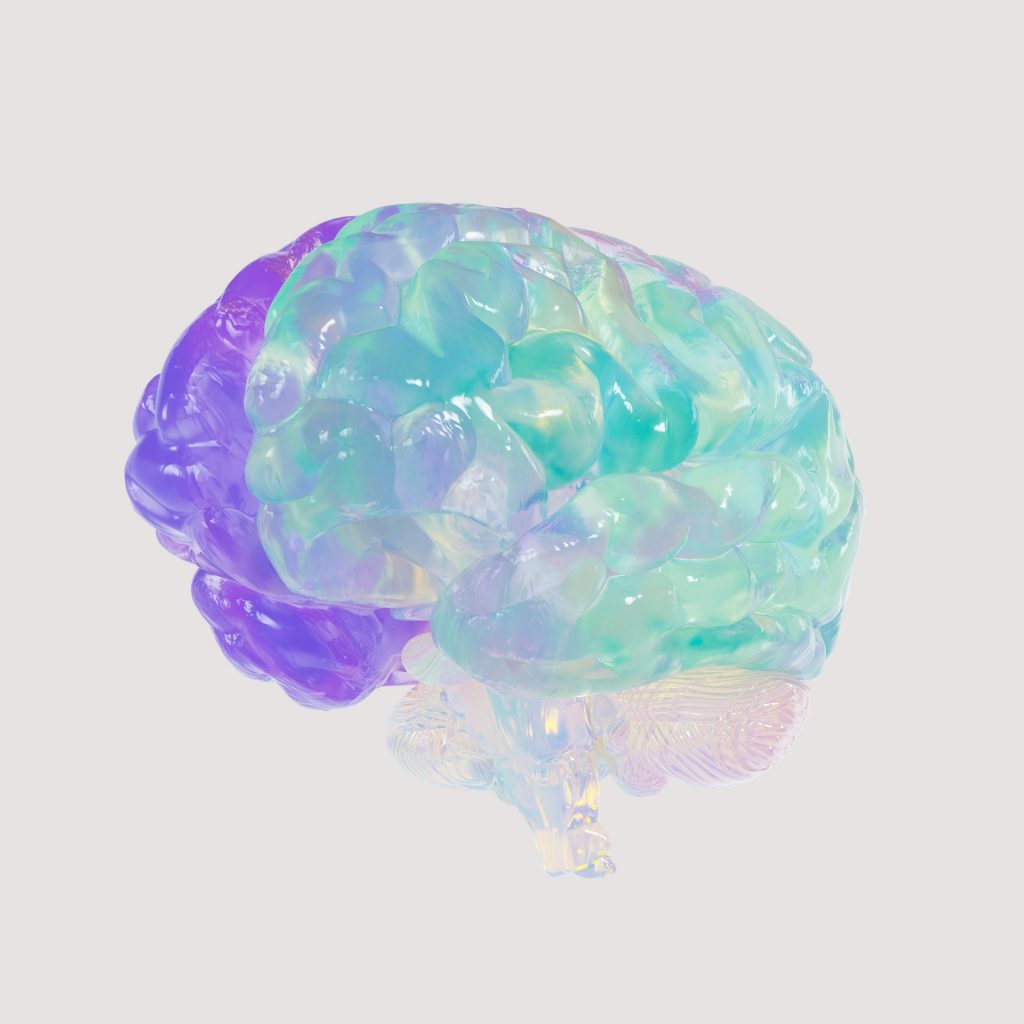What if small shifts in your routine could reshape how you experience life? Research from the University of Pennsylvania shows that intentional practices—like gratitude journaling—can rewire how we process emotions. These methods don’t just improve mood; they strengthen mental resilience during challenging times.
This article shares seven science-backed strategies to help you build lasting change. Joyce Meyer once said, “You can’t control everything, but you can control your thoughts.” From managing stress to creating morning rituals, each habit connects your body and mind for balanced well-being.
You’ll learn how simple actions, like reflecting on what you’re grateful for or limiting social media scrolling, create ripple effects. Studies reveal that people who journal for five minutes daily report lower anxiety levels within weeks. Even during chaotic days, these tools offer stability.
We’ve combined expert insights from Balance Through Simplicity with real-world examples to make growth accessible. Whether it’s adjusting your morning coffee ritual or reframing negative thoughts, these steps fit seamlessly into busy schedules. Ready to transform your outlook?
Understanding the Value of a Positive Mindset
Can the way you perceive obstacles transform your overall well-being? Research from BetterUp reveals that 85% of individuals who focus on gratitude report stronger emotional resilience. This isn’t about dismissing life’s difficulties—it’s about training your brain to find solutions instead of dwelling on setbacks.
Our thoughts act like steering wheels for emotions. A Yale University study found that people who reframe challenges as opportunities show 30% lower cortisol levels. For example, teachers who practiced solution-focused thinking during stressful school years reported better sleep and sharper problem-solving skills.
Optimistic thinking doesn’t erase tough days, but it builds tools to navigate them. One nurse shared how shifting her perspective helped her manage 12-hour shifts without burnout. “I started noting small wins, like a patient’s smile or a supportive coworker,” she said. Within weeks, her creativity at work improved.
This approach also strengthens physical health. Studies link regular gratitude practices to reduced inflammation and stronger immune responses. It’s not magic—it’s science. By consciously directing your mental energy, you cultivate a foundation for lasting growth.
Embrace Positive Mindset Habits Daily
How do ordinary moments shape extraordinary change? Tiny adjustments to your routine can spark lasting shifts in how you engage with life. Let’s explore seven practical tools backed by science and real-world success stories.
| Habit | Action | Benefits |
|---|---|---|
| Morning Affirmations | Recite empowering phrases while brewing coffee | Boosts confidence for daily challenges |
| Gratitude Journaling | Write 3 specific things you appreciate | Reduces stress by 27% (UCLA study) |
| Scheduled “Worry Time” | Set 10-minute window for concerns | Contains anxious thoughts |
| Mindful Breaks | Pause work to breathe deeply 3x | Resets focus and energy |
Begin mornings by jotting down affirmations or blessings. One teacher shared how this 5-minute ritual helped her stay calm during chaotic school days. “It’s like armor against frustration,” she explained.
Designate a specific time for worries—say, 4 PM—then redirect your energy. This technique, used by therapists, prevents spiraling thoughts from hijacking your day. Pair it with a “mental reset” activity like stretching or humming a favorite song.
Small actions matter. Smile at strangers during errands. Silence phone alerts after dinner. These choices train your brain to spot joy in unexpected places. Over time, they build an outlook resilient to life’s curveballs.
Crafting a Daily Routine for a Happier Life
What if your schedule could be a blueprint for joy? Studies show structured days boost productivity by 40% while lowering stress. Start by mapping your waking hours into blocks—work, movement, and downtime. Balance Through Simplicity found that people who plan rest periods report 25% higher creativity.
Morning rituals anchor your day. Spend five minutes journaling or sipping coffee without screens. UCLA research links this quiet time to 18% lower cortisol levels. One engineer shared, “Writing three things I’m grateful for before breakfast changed my whole outlook.”
| Activity | Time | Impact |
|---|---|---|
| Brisk Walk | 20 minutes | Boosts energy & focus |
| Digital Detox | After 8 PM | Improves sleep quality |
| Family Dinner | 30 minutes | Strengthens connections |
Exercise isn’t just for physical health. A Stanford study found short movement breaks sharpen problem-solving skills. Pair this with scheduled “mental pauses”—close your eyes and breathe deeply twice daily.
Protect your evenings. Designate a cutoff time for work emails. Replace scrolling with calming activities like reading or sketching. Small tweaks build momentum. Over weeks, these choices rewire how your body and mind handle challenges.
Remember: Perfection isn’t the goal. Miss a walk? Adjust tomorrow’s plan. Flexibility keeps routines sustainable. As one teacher noted, “Consistency beats intensity every time.”
Enhancing Relationships and Your Environment
How does your inner world shape the spaces and connections around you? Studies show that expressing appreciation at home can reduce family conflicts by 33%. A Harvard report found couples who share one specific compliment daily feel more connected, even during stressful weeks.
Your social circle acts like a mirror. Being around those who uplift you reinforces constructive thinking. One teacher transformed her team’s morale by starting meetings with quick shoutouts. “It took two minutes,” she said, “but trust grew faster.”
Clutter isn’t just physical. A messy room can cloud your thoughts. Researchers at Princeton found organized spaces boost focus by 18%. Try dedicating 10 minutes each evening to tidy high-traffic areas—kitchen counters or workspaces.
Small gestures create big ripples. Text a friend something you admire about them. Leave a sticky note thanking a colleague. These acts strengthen bonds while anchoring your own optimistic outlook.
Design calming zones at home. Add plants to your living area or play soft instrumental music while cooking. One nurse reported 20% less stress after creating a “no-screens” reading nook. Your environment fuels how you show up for others.
Invest time in what matters. A five-minute check-in call with a loved one can shift your whole day. Like sunlight through a prism, your energy refracts into every relationship and room you enter.
Conclusion
Transforming your life starts with the choices you make each day. Simple practices like noting good moments or scheduling time for reflection create ripple effects. Research from UCLA and Princeton highlights how even brief actions—whether tidying a workspace or sharing kind words—strengthen mental clarity and connections.
Your routine becomes powerful when anchored in purpose. Test one or two strategies from this article, like morning affirmations or evening digital breaks. Track shifts in energy and how you handle challenges. Many find that tiny tweaks, practiced consistently, reshape their way of engaging with the world.
Progress thrives on curiosity, not perfection. Studies show people who adapt these tools report better sleep and sharper focus within weeks. Share what works for you below—your story might light the path for others. Every step forward, no matter how small, builds a brighter tomorrow.
FAQ
How can gratitude improve my day?
Focusing on appreciation helps shift your attention to what’s going well. Writing down three things you’re thankful for each morning or evening trains your brain to notice joy in small moments, which can lift your mood over time.
What’s a simple way to manage stress during busy days?
Try breaking tasks into smaller steps and taking short breaks. Even five minutes of deep breathing or a walk outside can reset your energy. Prioritizing rest and hydration also keeps your body and mind balanced.
Can changing my environment really boost happiness?
Yes! Decluttering spaces like your desk or living area reduces distractions. Adding plants, natural light, or calming music creates a soothing atmosphere, making it easier to focus on what matters most.
How do I handle negative thoughts when they pop up?
Acknowledge them without judgment, then reframe the narrative. Ask yourself, “Is this thought helpful?” If not, replace it with a constructive alternative. Over time, this practice builds mental resilience.
Why is morning exercise recommended for better mental health?
Physical activity releases endorphins, which improve alertness and reduce anxiety. A quick stretch, yoga session, or walk kickstarts your metabolism and sets a proactive tone for the hours ahead.
How does limiting screen time help relationships?
Reducing phone use fosters deeper connections. Designate tech-free times—like meals or family evenings—to engage fully with loved ones. This builds trust and shows others they’re valued.
What’s the benefit of a nightly reflection routine?
Reviewing your day helps identify patterns. Jotting down wins or lessons learned promotes self-awareness and growth. It also eases worries by organizing thoughts before sleep.




